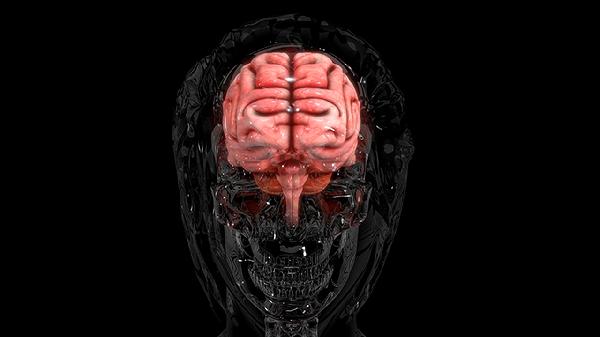Forget cramming all night before a test—muscle memory might just be the secret weapon you’ve been missing in your study routine. No, we’re not talking about flexing your biceps while memorizing equations (though hey, if that works for you…). Muscle memory is all about training your brain to recall information effortlessly, like riding a bike or typing without looking at the keyboard. And when it comes to acing exams or mastering new skills, this kind of automatic recall is pure gold.

Why Muscle Memory is Your Brain’s Best Friend
Think of muscle memory as your brain’s autopilot mode. When you repeat a task—whether it’s solving math problems, playing an instrument, or even perfecting your free throw—your brain creates neural shortcuts. Over time, those actions become second nature. The same principle applies to learning. The more you practice retrieving information (like flashcards or timed quizzes), the faster and more accurately your brain can pull it up when it counts.
How to Hack Your Study Sessions
Passive reading won’t cut it if you want to lock knowledge into your long-term memory. Instead, try active recall—forcing your brain to retrieve info without peeking at your notes. Quiz yourself, teach the material to a friend (or your dog, no judgment), or use spaced repetition apps that hit you with key concepts just before you’re about to forget them. The struggle to remember actually strengthens those mental pathways.
The Magic of Spaced Repetition
Cramming might get you through tomorrow’s quiz, but for real mastery, spacing out your study sessions is key. Research shows that revisiting material at increasing intervals (day 1, day 3, day 7, etc.) helps cement it in your memory far better than marathon study sessions. It’s like watering a plant—too much at once drowns it, but steady doses help it grow.
Turn Mistakes Into Muscle Memory Boosters
Ever notice how you remember the questions you got wrong way more than the ones you breezed through? That’s your brain’s way of prioritizing what needs work. Instead of glossing over errors, lean into them. Rewrite the correct answer, rework the problem, or explain where you went wrong. Each time you correct a mistake, you’re reinforcing the right neural connections.
Apply It Beyond the Books
Muscle memory isn’t just for academics—it’s the backbone of skill-building in sports, music, even public speaking. The next time you’re practicing a presentation, ditch the script early and rehearse from memory. Stumble? Good. That’s where the real learning happens. Before long, you’ll be delivering those talking points as smoothly as your favorite TikTok dance.
Bottom line? If you want to make learning stick, stop treating your brain like a filing cabinet and start training it like a muscle. The more you work it (the right way), the stronger it gets. Now go hit the books—just maybe not all at once.
























